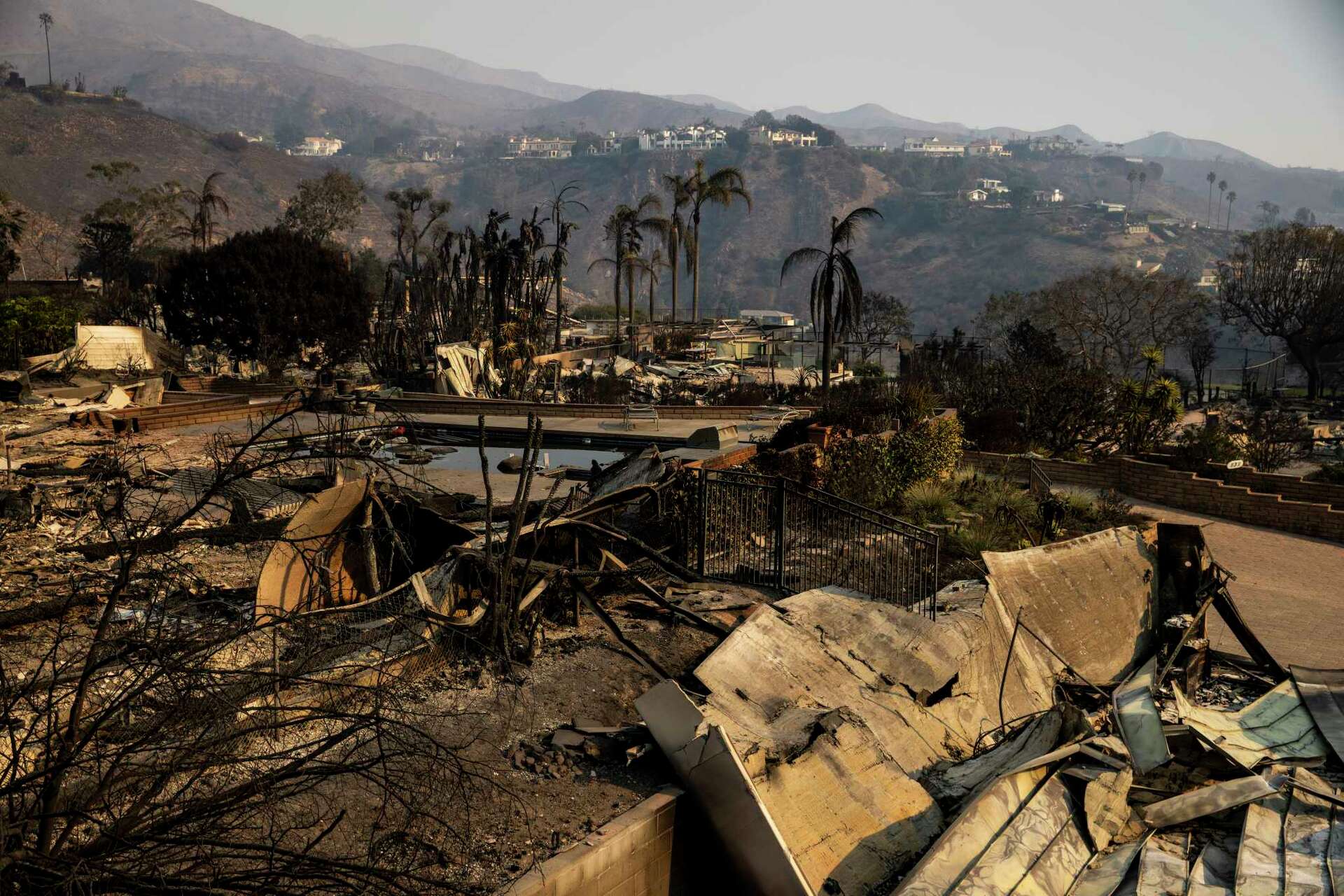Navigating the Aftermath: A Message for Angelenos

The past week has tested our cities of La Canada, Altadena, La Crescenta, and many others. The devastation, in its sheer scope and intensity, is unprecedented. Almost everyone knows someone whose life has been irrevocably changed, and even if you’ve been on the outskirts of the disaster, it’s likely left a mark on you.
You’ve seen the smoke, refreshed apps like Watch Duty, followed live updates, packed a go bag, or even evacuated. For some, it was just a close call. For others, it was a personal catastrophe. In moments like this, we’re all searching for clarity: What can we do? How do we move forward?
Here’s a list of do’s and don’ts that I hope will help guide us. It’s not exhaustive, but perhaps it’s a place to start.
DO keep your guard up. While containment progress has been made on the Palisades Fire and Eaton Fire, the threat isn’t over. The National Weather Service has warned of dangerous conditions, with wind gusts reaching 70 mph and arid air increasing the risk of rapid fire spread. Stay alert, keep apps like Watch Duty on hand, and continue to prioritize safety.
DON’T spread misinformation. It’s tempting to share sensational stories in crises, but unchecked information can cause harm. From AI-generated videos of the Hollywood Sign burning to unverified arson claims, misinformation diverts critical resources. Before sharing, verify sources and think critically about the content. Let’s strive for accuracy, especially in this era of AI-driven content.
DO reach out to those affected. Reaching out to someone who’s lost everything may feel daunting, but connection matters. Experts say there’s no perfect way to approach grief, but reaching out is vital. Be brave, be sincere, and let them know you care.
DON’T enter evacuation zones prematurely. Mandatory evacuation zones remain dangerous due to unstable structures, downed power lines, and other hazards. Respect the authorities’ timelines and don’t return until it’s safe. And if you’re sneaking in for social media content—don’t. Focus on supporting the recovery effort instead.
DO volunteer in the weeks and months ahead. Disasters often bring a surge of volunteers, but the need doesn’t end when the immediate crisis does. Once the fires are extinguished and the rains come, recovery efforts—like relocation and cleanup—will still require help.
DON’T fall for scams. Unfortunately, disasters often attract scammers. Be cautious of fraudulent donation requests or price gouging for temporary housing. The LA County Department of Consumer and Business Affairs provides helpful tips for avoiding scams and a portal for reporting price gouging. Protect yourself and others.
Stay safe,
Phyllis Harb and Kris Jardino
Harb & Co.





Excellent advice for all. I will pass it along. The sheer number of homes that require rebuilding is hard to grasp. I hope we are all up to the tasks ahead